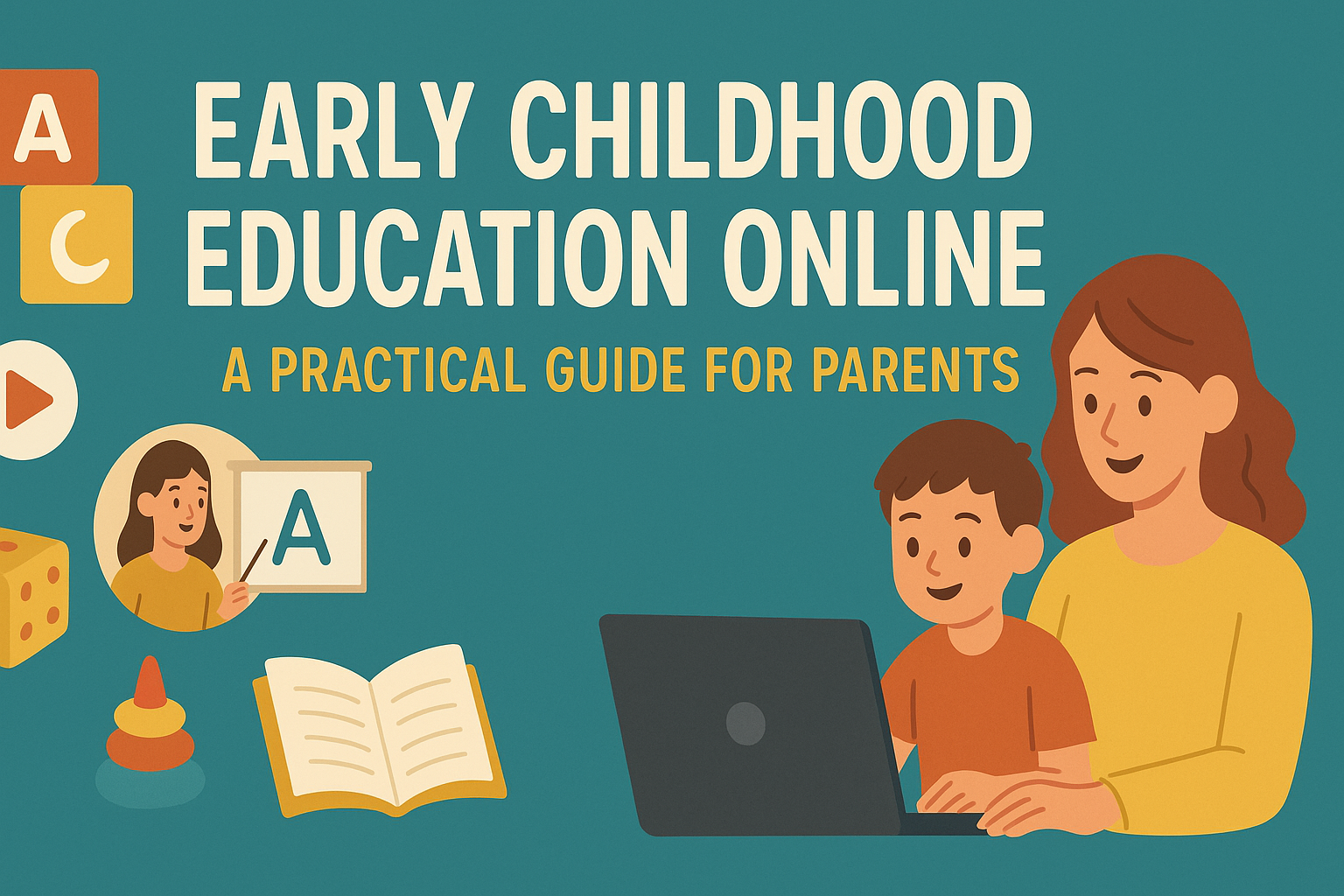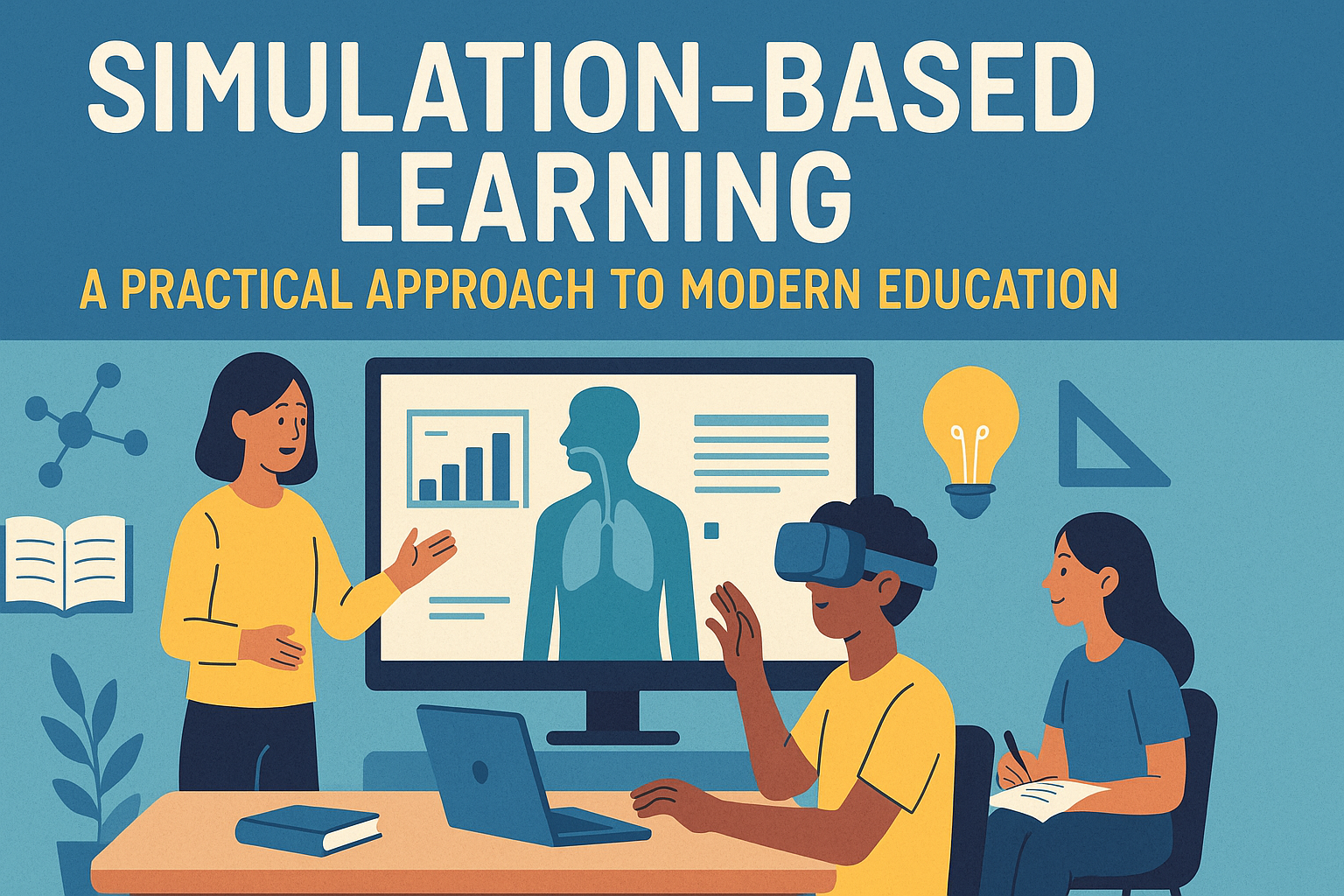The Truth About Online School: What You Need to Know

Online school is changing how people learn. More students are choosing this option than ever before. It gives them control over when and where they study. This shift is not just a trend — it’s reshaping education. Many people are curious about online school but don’t know where to start. Some think it’s only for tech-savvy students. Others believe it lacks structure. These ideas are outdated. Today’s online schools offer real courses, real teachers, and real results.
This article will help you understand what online school is. We’ll look at how it works. We’ll compare pros and cons. You’ll also get tips on choosing the right program. By the end, you’ll know if online school is a good fit for you or your child. Let’s start by breaking down exactly what an online school is.
What Is an Online School?
An online school is a place where students take classes using the internet. There are no physical classrooms. Lessons happen through videos, readings, and assignments done from home. Some programs have live classes. Others let you work at your own pace. Either way, you still get grades and complete coursework like in a regular school.
Teachers guide learning through chat, email, or video calls. Assignments are submitted online. Tests can be taken remotely with supervision tools. Most online schools follow state or national standards. Many are fully accredited. That means credits transfer to other schools or colleges.
Types of Online Schools
There are different kinds of online schools. Each one meets a specific need. Let’s look at the main types. K–12 online schools teach kids from kindergarten through high school. These are often run by public school systems. They use the same curriculum as traditional schools. Colleges and universities offer online degrees. These range from associate to doctoral levels. Many well-known schools now have online options.
Vocational schools focus on job training. Courses include coding, healthcare, or skilled trades. These programs usually take less time than a full degree. Then there are MOOCs. These stand for Massive Open Online Courses. Platforms like Coursera or Udemy offer short courses. They are often cheaper or free. Each type has its benefits. Choose based on your goals and schedule.
How Do Online Schools Work?
Online schools use digital platforms to deliver lessons. These are called Learning Management Systems (LMS). Popular ones include Canvas, Moodle, and Google Classroom. Students log in to see their classes. They watch videos, read materials, and turn in homework. Most LMS systems track progress and grades.
Some classes meet live. These are called synchronous sessions. Students join via Zoom or Teams. Others are self-paced. These are asynchronous. Teachers are available through chat, email, or scheduled office hours. Support staff help with tech issues and academic questions. You don’t need to go to a campus. Everything happens online. But you still earn real credits and diplomas.
Pros of Choosing Online School
Online school offers many benefits. One big advantage is flexibility. You can study anytime, anywhere. This helps people who work or care for family. Another benefit is cost. Online programs often cost less. You save money on travel, housing, and books. Some schools even offer free tuition.
Access is another plus. People in rural areas can attend top schools without moving. Students with disabilities can learn in a comfortable setting. You also get more choices. Online schools offer courses not always found locally. You can pick niche subjects or advanced topics. These benefits make online school a smart choice for many learners.
Cons of Choosing Online School
Online school isn’t perfect for everyone. One issue is motivation. Without a set schedule, some students fall behind. Self-discipline is key. Social interaction is also limited. You miss out on face-to-face time with peers. Group projects happen online, but they’re not the same as in-person teamwork. Technical problems can slow things down. A poor internet connection or old device can cause delays. Not everyone has access to reliable tech.
Some fields require hands-on experience. Nursing, engineering, and lab sciences may need in-person labs. Online schools sometimes partner with local centers for these needs Be honest about your learning style before making the switch.
Who Benefits Most From Online School?
Online school works best for certain groups. Working adults can balance jobs and studies. They can earn degrees without quitting work. Parents often choose online school for kids with health issues. It allows learning from home. It also helps kids who struggle socially in traditional settings. Gifted students may want advanced courses not offered locally. Online school gives them access to harder classes. People who move often, like military families, benefit too. They can keep the same school year-round. Anyone who values control over their schedule should consider online learning.

How to Pick the Right Online School
Choosing the right online school takes research. Start by checking accreditation. Make sure the school meets official standards. Look at the courses offered. Do they match your goals? Check if they provide support services like tutoring or career help. Compare costs. Public schools are often cheaper. Private schools may offer better features. Scholarships and aid can lower prices. Read reviews from past students. See what they say about teaching quality and support. Talk to a counselor if you’re unsure. Take your time. The right school makes a big difference in your success.
Real Stories: Why People Chose Online School
Real people have real reasons for choosing online school. Let’s look at a few examples. Maria was a nurse working full-time. She wanted a bachelor’s degree. She enrolled in an online nursing program. She finished while keeping her job. James had a son with autism. Traditional school was stressful. He switched to an online K–12 program. His son thrived with fewer distractions.
Sophia was a gifted student. Her school didn’t offer AP physics. She took an online course instead. It helped her get into a top university. These stories show how online school helps people reach goals. It fits many life situations.
The Future of Online Schooling
The future looks bright for online schools. Technology keeps improving. Better tools mean more interactive lessons and faster feedback. More schools are offering hybrid models. These mix online and in-person learning. It gives students the best of both worlds. Micro-credentials and short-term certifications are growing. Employers now accept these more often. They allow workers to build skills quickly.
Governments and companies are investing in digital learning. This makes online school more affordable and open to everyone. As demand grows, online education will become even more common. It’s a major part of how we learn in the 21st century.
Final Thoughts on Online School
Online school is more than a temporary solution. It’s a lasting change in how we learn. It gives people more freedom and better access to education. If you’re thinking about trying it, do your research. Look for accredited programs. Talk to others who’ve used online schools. Make sure it fits your lifestyle. If you can manage your time and stay focused, online school can work for you. Education is evolving. Online school is helping shape that future.
Frequently Asked Questions (FAQ)
Q1: Are online schools legitimate?
Yes. Many online schools are accredited. Always check if a school is recognized by official agencies.
Q2: Can I get a real degree online?
Yes. Many colleges offer full degrees online. These degrees are accepted the same as in-person ones.
Q3: How much does online school cost?
Costs vary. Public schools are often cheaper. Private schools may charge more. Some courses are free.
Q4: Will employers accept my online degree?
Most employers do. They care more about the school’s reputation than the format.
Q5: Can my child finish K–12 online?
Yes. Many states offer full online K–12 programs. These include teacher support and exams.
Q6: Do online schools have deadlines?
Yes. Most have weekly or monthly due dates. Some let you work at your own pace.
Q7: How do I interact with teachers?
You can message them, email, or join video calls. Office hours are often available.
Q8: What tech do I need for online school?
You’ll need a computer or tablet and internet. Some classes may need a webcam or microphone.

